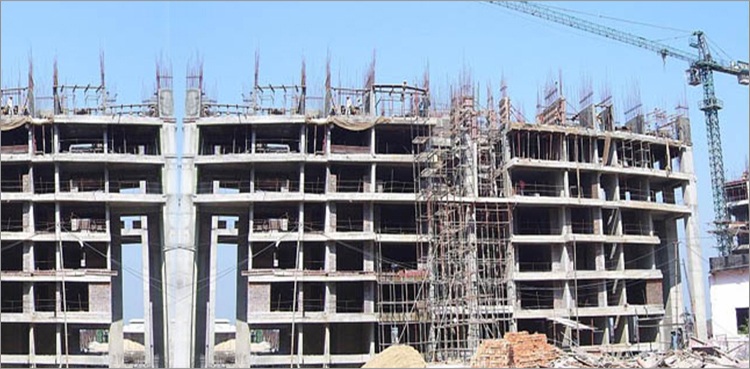Punjab Chief Minister Maryam Nawaz Sharif approved the provision of 1,220 flats to the industrial workers.
The decision was taken during the 28th meeting of the provincial cabinet held with Maryam Nawaz in the chair, where 130 key agenda items were discussed and approved.
Among the major decisions, the cabinet approved the provision of 1,220 flats to industrial workers and increased the minimum salary for skilled, semi-skilled, and other 102 labor categories to Rs 40,000.
In recognition of their services, Chief Minister Maryam Nawaz announced a reward of Rs 50,000 each for rescue workers on flood duty.
The cabinet also approved the official conduct of class 5 assessments and regular exams for class 8 students across Punjab.
A lifelong pension for the widows of government employees was also approved. The Chief Minister directed the establishment of industries within jails and ordered that prisoners working as laborers be paid wages. A third-party monitoring system will also be introduced to ensure transparency in jail operations.
In a significant move to promote investment, the cabinet reduced the required documents for petrol pump setup from 16 to just 6.
Investors can now apply online for an NOC. Additionally, for the first time in Punjab, comprehensive Occupational Safety and Health Rules 2024 were approved, aimed at safeguarding workers, especially those on sewer lines and construction sites. An enforcement force under the Labor Department will ensure implementation.
Read more: SBCA officers booked over Karachi building collapse
To combat child labor, the cabinet approved the draft of the Punjab Restriction on Employment of Children Rules 2024.
A uniform procedure for appointing treasurers, registrars, and controllers of examinations in universities was also passed. The cabinet further approved a proposal to hire Vice Chancellors through market recruitment, requiring at least 80% marks in the selection process.
Maryam Nawaz announced that an AI-based traffic management system will be implemented within 90 days. She also approved the Excel Load Management System and establishment of WASA offices in five divisions and 13 additional cities. Paid internships for nurses in government hospitals were also approved.
Highlighting the success of the Kisan Card, the Chief Minister said 99% recovery was achieved in Phase 1, with Rs 93 billion disbursed to 90,000 farmers—Rs 47 billion of which was used for agricultural inputs.
She also announced the setting up of new tractor manufacturing units under a high-tech mechanization initiative.
The cabinet approved an MoU with Deer Foundation International and Houbara International Foundation and passed a regulatory framework for protecting local bird species. Furthermore, Rs 2.6 billion was allocated to the PDMA for flood rehabilitation efforts.

Leave a Reply